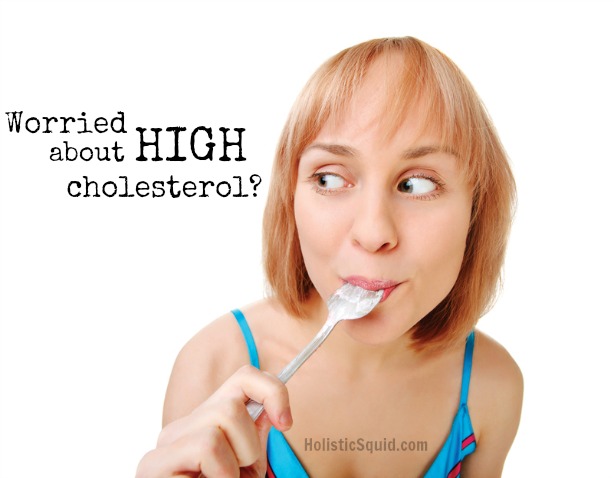
Just about anyone these days will tell you that high cholesterol builds up plaque in arteries which leads to heart disease. The mainstream media perpetuates this by advertising ‘heart-healthy' low-fat foods and drugs to reduce cholesterol. Doctors prescribe these drugs, known as statins, and millions of people take them.
And they all live happily ever after, right?
Wrong.
Recent studies show that having higher cholesterol on its own is not a contributing risk factor to heart disease, and it may even be beneficial to cardiovascular health – especially when we're talking about high cholesterol in women.
If you've been riding the mainstream bus, you may be surprised to hear that cholesterol is not to blame.
According to Dr. Dwight Lundell, a world renowned heart surgeon, inflammation in the arteries is the top contributing factor to heart disease, and “without inflammation, cholesterol would move freely throughout the body as nature intended.”
It’s the excessive ingestion of processed foods high in Omega-6 fatty acids and other damaging components that are the major dietary factors contributing to arterial inflammation. (source)
Before the 1950's there was little talk about butter and bacon causing heart disease. Then a study was done on bunnies in 1955. The rabbits were fed meat and high cholesterol foods, and all of them died. After that, it was widely publicized and generally assumed that humans should reduce their fat and cholesterol intake or they might suffer the same fate.
What the study failed to report is that bunnies are herbivores – they can't digest meat, so the correlation to humans was completely unfounded. (source)
Here's a few interesting facts for you: cholesterol is a naturally occurring substance inside our bodies and is essential for countless functions. Without it, our bodies can’t create the outer membrane of cells, which make up nearly every bit of our bodies. You also need cholesterol for proper brain and hormone function; strong bones; and a healthy immune system.
Bottom line: cholesterol is vital to human health.
High cholesterol in women may actually be a benefit – especially with age
It is no secret that Americans are suffering in increasing numbers from obesity and related health issues. Despite this, women in the U.S. rank way down at 81st in the world when it comes to high cholesterol level and men rank 83rd! (source) Even though women have higher cholesterol overall than men, they are 300% less prone to heart disease. (source)
The Norwegian University of Science and Technology tested 52,087 men and women (27,852 women specifically). Their study determined that “cholesterol emerged as an overestimated risk factor in our study, indicating that guideline information might be misleading, particularly for women with ‘moderately elevated’ cholesterol levels.”
As cholesterol went up, risk of dying from cardiac arrest and stroke declined. Yes, declined. (source)
Another study called the Women’s Health Initiative found that statin medication use in postmenopausal women increased the risk of getting diabetes by 71%. (source) Not only do women simply not need statins, but the older women get, the more damage this drug can cause.
Despite these facts, women are still being prescribed statins to block their cholesterol production at an alarming rate. About 13.5 percent of women age 45 to 64 take a statin and that number jumps to about 33% of women over 65 – notably since cholesterol is known to rise after the onset of menopause. (source)
I don't know about you, but I'm going to go ahead and give my cholesterol a big fat hug.
Should anyone worry about high cholesterol?
The Alliance for Human Resource Protection found that even though statins were beneficial “for adults aged between 30 and 80 years old who already have occlusive vascular disease,” (to prevent a second occurrence) there was no evidence to support the use of statins for people who had no prior issue.
A very small portion of populations worldwide (about 1 in 500 people) may have a genetic condition known as familial hypercholesterolemia a condition of very high cholesterol in the blood which is a risk factor for coronary artery disease.
These folks should keep an eye on their cholesterol and modify diet, lifestyle and exercise habits accordingly.
Integrated medicine practitioner, Chris Kresser, and PhD, Chris Masterjohn, recommend that statins can be useful for this very small population if natural approaches fail – yet recommend against them for most all other groups of people. (source)
According to the INTERHART study, a change in lifestyle and diet was shown to be the best way to reduce the risk of heart disease in 90% of the people studied in over 52 countries.
This included quitting smoking, losing weight, eating more fruits and veggies, and exercising. And per our heart-surgeon friend's recommendations, avoid reduced fat and processed foods to reverse the ill effects of inflammation.
Personally, I am thrilled to know that when it's my turn for menopause, I don't have to give up my bacon and butter, and a nice glass of creamy raw milk will actually help to protect my health.
Measuring cholesterol is a great way to sell statins, but it's not the best measure for assessing health risks.
Are you worried about high cholesterol? What steps have you taken to protect against heart disease?



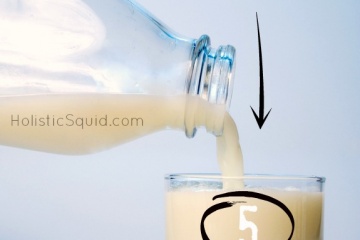
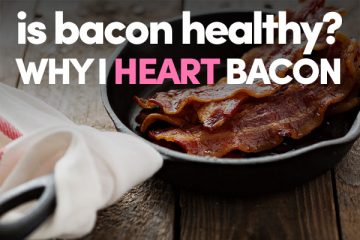
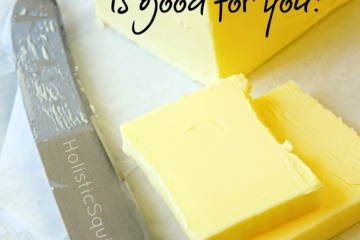

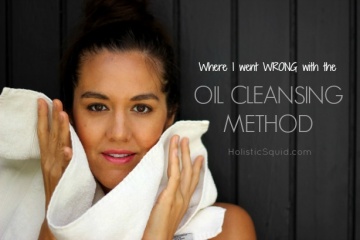
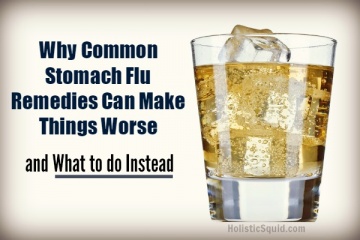
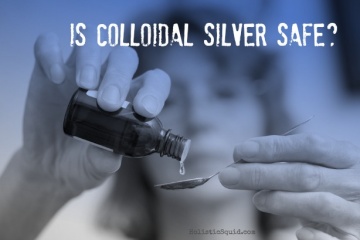
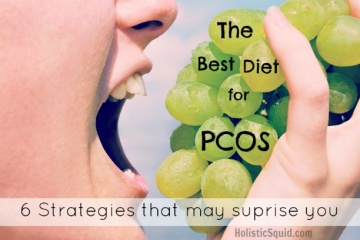
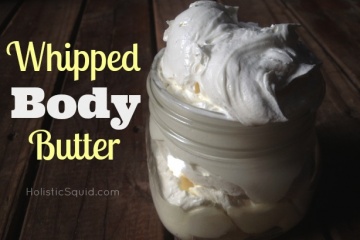
I am the only one in my and my husbands family that 100% believes that worrying about cholesterol is not what I want to spend ANY of my time worrying about. In fact I want it around 230 or above. My husband has finally come to 100% believe what I’m saying. I’ve talked my mom into not taking statins but I can’t get my father in law to stop taking them even though he had the muscle pain and weakness to three point of not walking. His doc changed his meds so not as severe now. Can’t get it thur their heads that the heart is one big ole muscle also. Whatever the doc says though. Lifestyle changes no way. I am looked at like I’m crazy because I make 99% of what my family eats. I had to to heal myself and I’m not going back. I’ve gotten to the point that I actually like my food.better. I raise my own food, including meat. I preserve all that food. I exercise a couple times a week, in addition to just living my lifestyle which is exhausting on most days. I teach and practice yoga. Plus, I am studying to be a master herbalist. I may die tomorrow but by golly I’m gonna do everything I can not too. This all includes my husband, kids, kids in laws, and grandkids. Oh, I also don’t go to the doctor unless I have no choice. But, I do get massages, have a chiropractor, looking for an acupuncturist and a homeopathic doctor. Thanks for ur blog and research. Love it. My granddaughter loves.butter. When she was old.enough to see it and point, all I could see was ur son eating butter. She gets all the butter she wants. Thanks for bringing it up.
I’m curious as to what low-ish cholesterol levels could mean, if anything. I’m 28 years old, thinking about potentially getting pregnant within the next few years and lately my cholesterol levels have gone down significantly. Through my teens and early twenties, my cholesterol levels were high by mainstream medical standards– over 200 (can’t remember specifics now). I’ve had bloodwork done once in January with total cholesterol at 188 with ldl 121, hdl 55, and triglycerides 63 and once in early June with total 155, ldl 91, hdl 52, triglycerides 57. I adopted a primarily real food lifestyle in 2011, so that may account for the changes between my early 20s and mid 20s. Needless to say, I’m confused about what this could mean! I’m eating more fat than ever and my numbers are low. Is this something to worry about? Are you aware of any resources that might give me some guidance? My small town family practitioner thinks these numbers are great, no cause for concern!
Hi Lauren – Thanks for your question. Personally, I go more on how I feel than numbers. If you’re concerned, I would look into the work of ChrisKresser.com (a holistic expert on internal medicine) I wouldn’t obsess over numbers if you’re eating and feeling well. Hope that helps!
I was vegetarian for 4 years, and then I started getting weird symptoms: vision loss, numb limbs, foggy head. It lead to a diagnosis of Multiple Sclerosis. I found a great naturopathic doctor who ran a slew of tests, and recommended WAY MORE fat and cholesterol. In the many, many books and studies I’ve read since, I’ve come to understand that the brain is composed almost entirely of fats and cholesterol. I switched to a Paleo type diet with TONS of veggies, quality meat and eggs, few nuts and fruits, no dairy and no grains and guess what? My symptoms have reversed and I feel amazing. This year’s MRI shows a 30% decrease in my brain lesions. So I’m a big fan of cholesterol!